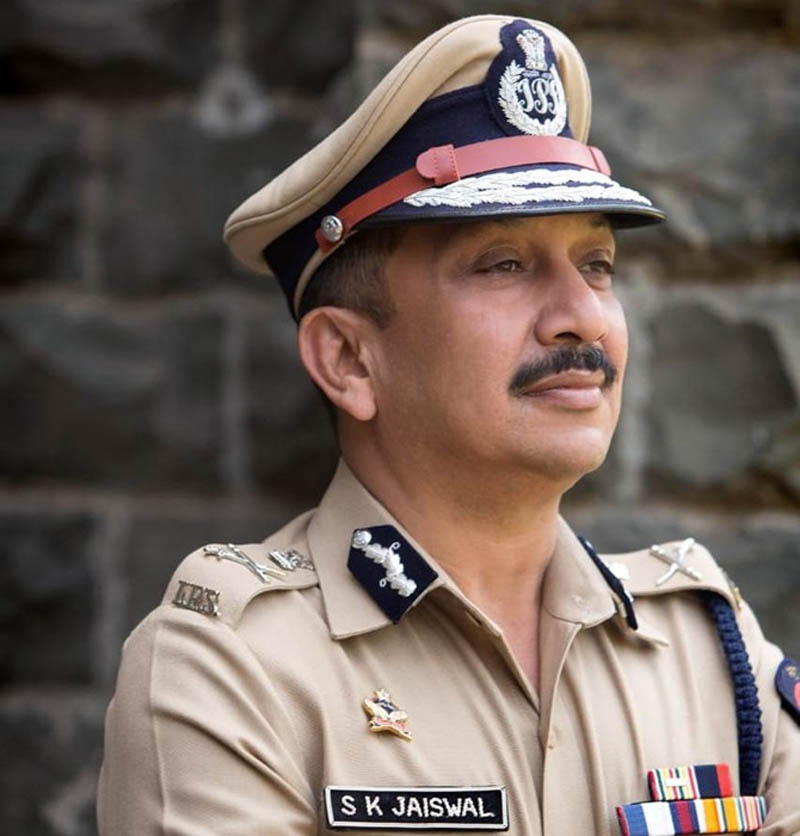NEW DELHI, Oct 21: International cooperation to combat global threats should be a two way street — joint and reciprocal, CBI Director Subodh Jaiswal said at the concluding session of the Interpol’s 90th General Assembly on Friday.
The director, who is also the de facto chief of Interpol India, also said that the world continues to be vulnerable on account of threats to the common people for which international cooperation is needed.
“…International cooperation has to be order of the day but it has to be a two way street — joint and reciprocal. The deliberations over that in last four days have indeed the same direction,” said the director of the Central Bureau of Investigation (CBI), which is the National Central Bureau of India to liaison with the Interpol.
The four-day general assembly hosted by India was attended by delegations of around 165 countries. This is the second time that the country has hosted the assembly in 25 years.
During the jamboree of police chiefs, ministers and senior officials of national central bureaus, around 14 countries initiated bilateral meetings on issues related to fugitives, exchange of information and mutual assistance legal treaty, officials said.
The Indian delegation, which was led by a deputy inspector general rank officer from the CBI, engaged in bilateral meetings with 22 countries in which 14 were initiated by visiting members, they said.
The CBI gave a list of key fugitives to countries such as the US, the UK and the UAE, which exchanged information about the present status, the officials said without giving details, citing confidentiality.
Sources refused to give the names of the prominent fugitives which were handed over to these countries, but said three to four most-wanted names were given to them.
Some of the countries that had initiated bilateral meetings also gave their lists of fugitives who are believed to be in India.
Over 34 economic criminals from India have found refuge abroad besides 740 others against whom Red Notices have been issued by the Interpol, they said.
Among the countries with whom India held bilateral meetings were Australia, Bangladesh, Nepal, Sri Lanka, Austria, South Africa, New Zealand, Japan, Bhutan, Namibia, Bahrain, Russia, Canada, Oman, Serbia, Malaysia and Mongolia.
During the meetings issues such as improvement of criminal intelligence sharing, tracking location of fugitives, terror financing and online radicalisation besides mechanisms to coordinated prevention of cyber crimes and online child sexual exploitation also came up.
The four-day security mega event concluded on Friday with the handing over of the flag to Austria which will host the general assembly in 2023, the centenary year of the organisation which was founded in Vienna.
During the conference, a crime trends report was presented. It showed financial crime, particularly money laundering, as among the highest ranking threats.
“To address these crimes, delegates approved a resolution calling for greater action to tackle financial crime and corruption. This would include the creation of an expert working group to assess various proposals in relation to the exchange of financial information and the tracing and recovery of criminal assets,” an Interpol statement said.
Delegates also approved a resolution calling for greater efforts to identify and investigate online child sexual abuse through the creation of specialised units and increased use of the Interpol’s International Child Sexual Exploitation database, it said. (PTI)
Trending Now
E-Paper


